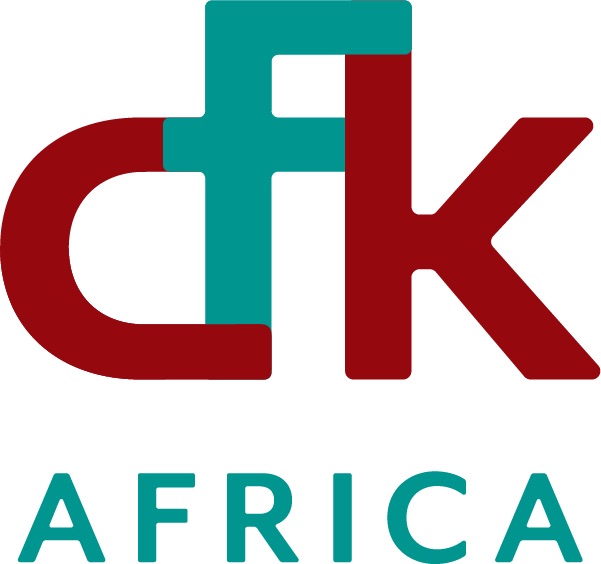Rye Barcott (a student at the University of North Carolina at Chapel Hill) meets Tabitha Festo (a Kenyan nurse based in Kibera) and Salim Mohamed (a Kenyan community organizer) while researching ethnic violence among youth in Kibera.
2000
CFK’s Girls’ Empowerment Program is founded.
CFK’s first medical clinic opens.
CFK brings together male and female youth of different ethnicities to promote community cooperation and development through sports and establishes Kibera’s first all-girls’ soccer league.
CFK co-founder Tabitha Festo passes away after a short, abrupt illness.
CFK signs a memorandum of understanding with UNC-Chapel Hill, setting the course for our equitable research collaborations.
2003
Time Magazine and the Bill and Melinda Gates Foundation name CFK Africa a Hero of Global Health.
2004ABC News names CFK co-founder Rye Barcott a Person of the Year.
CFK releases LightBox, a book comprised entirely of photos taken by teenage members of the Girls’ Empowerment Program and essays they have written about their lives.
2005CFK signs a memorandum of understanding with the Centers for Disease Control and Prevention (CDC), establishing one of the organization’s largest overseas population-based infectious diseases surveillance platforms.
2006The United Nations recognizes CFK’s Girls’ Empowerment Program as one of the world’s premier programs addressing the unique challenges and needs of adolescent girls.
CFK expands and relocates Tabitha Medical Clinic to serve more patients in Kibera.
2007
The Oklahoma City National Memorial and Museum honors CFK with the Reflections of Hope Award.
CFK celebrates 10 years of service in Kibera.
CFK co-founder Rye Barcott's book, It Happened on the Way to War, is published.
2011
CFK begins leading community health outreach, including home health visits and health education.
Without a Fight, an award-winning documentary featuring CFK’s Sports for Development project and exploring how soccer can facilitate social change in Kibera, makes its U.S. premiere.
Harvard Business School profiles CFK as the topic for its first multimedia case study.
2012CFK establishes the Information and Communications Technology Centre in partnership with Nairobits.
CFK opens the Lishe Bora Nutrition Centre.
2015CFK launches the Best Schools Initiative (BSI) to improve student retention and progress in informal schools through data-driven, cost-effective best practices.
2016CFK opens its three-story headquarters building in Kibera to house a permanent safe space for girls as well as office and meeting space.
2018
CFK opens and begins operating the Tabitha Maternity Home and Young Health and Wellness Centre.
2019
CFK becomes the CDC’s lead implementing partner on water, sanitation, and hygiene (WaSH) in Kenya.
CFK leads COVID-19 sample collection and contact tracing efforts in partnership with the CDC and Kenya Medical Research Institute.
CFK purchases and begins operating an ambulance in Kibera.
CFK convenes an Advisory Council.
2020CFK celebrates its 20th anniversary.
CFK leads COVID-19 vaccine distribution at Tabitha Medical Clinic.
CFK signs a memorandum of understanding with Kenyatta University, making them our first official Kenyan university partner.
2021
CFK changes its name from “Carolina for Kibera” to “CFK Africa” as a signal of its ambitious plans for growth to informal settlements outside of Kibera.
CFK launches a new strategic plan (2022-2026) to guide expansion of its services to additional informal settlements across eight counties in Kenya.
2022CFK Africa is a registered NGO in Kenya and 501(c)(3) nonprofit in the U.S. that improves public health and economic prosperity in informal settlements through participatory research, primary health care, and education.
Website Design by Carrboro Creative